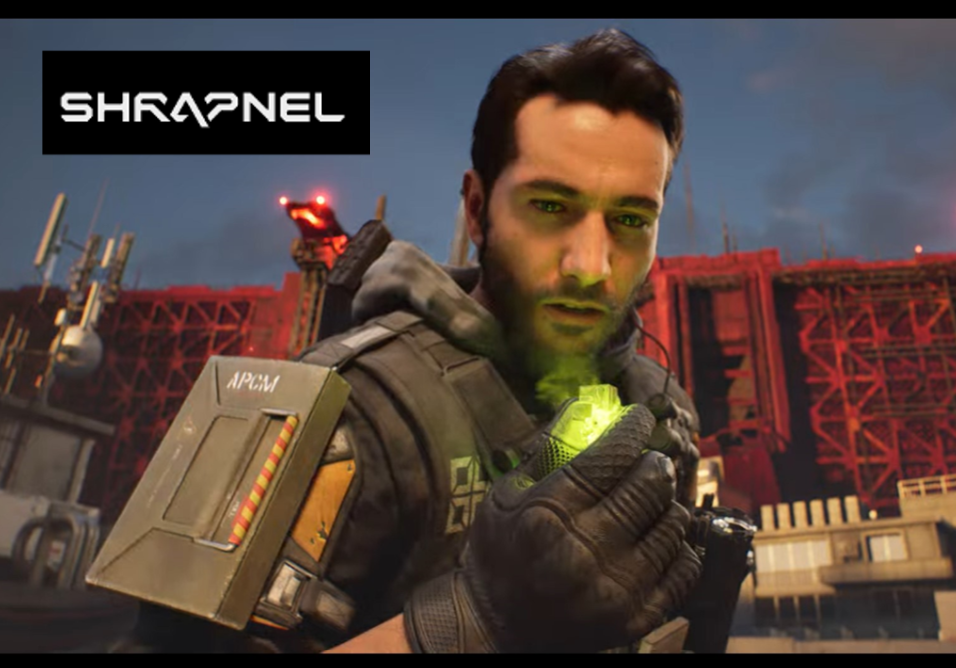
One of the industries that is clearly a perfect fit for blockchain technology is gaming. But sadly, despite a ‘reasonably healthy’ Web3 gaming community, the partnership has yet to fully realize its potential. While many blockchain-based games have been released over the past few years, these have tended to appeal more to the crypto contingent than hardcore gamers.
As I have personally been preaching for quite some time, part of the problem has been blockchain itself. Instead of taking a great concept for a game and then exploring how blockchain can enhance that, many developers have used blockchain as a starting point and tried to somehow hang a game around that.
This may well attract a crypto crowd, who appreciate features such as the true ownership of in-game items. But the world’s estimated 3.09 billion gamers aren’t all savvy to such benefits and demand a bit more… well, game, in return for their valuable attention.
Step up to the plate, Shrapnel, a AAA (high-budget high-quality) first-person shooter (FPS) hoping to go toe to toe with industry behemoths like Call of Duty. Developer Neon Machine this week announced the close of a $20 million Series A funding round led by Polychain Capital. This investment will be put directly towards polishing the title for a planned early-access release in December.
Clearly these investors believe that Shrapnel can raise the bar for blockchain gaming, but the title also carries high expectations from both gamers and the crypto community.
The game is an extraction shooter; a genre which throws players (either solo or in teams) into the battlezone to collect as much swag as possible before escaping without getting killed. Making this trickier are the opposing players/team, who are just as happy to shoot and loot goodies from the corpses of rivals as find those scattered around the arena.
Of course, this being a Web3 game, the in-game assets (resources, weapon upgrades, cosmetics, etc) are represented by NFTs (on an Avalanche subchain) and owned by the players once collected. This means that taking a flashy new NFT laser sight into action could result in it being stolen by another player, although there will also be the option to play NFT-free (with less risk and less reward).
Neon Machine also promises to push the creator economy within the game, with users being encouraged to make their own in-game assets to mint and sell to other players. The more ambitious can even create their own maps, which can then be minted as NFTs.
There are also plans to include staking crypto into map development and promotion, and tournaments where prize pools are automatically dished out via smart contracts.
Neon Machine certainly has the industry chops to pull off a successful AAA launch, having been originally spun out from HBO Interactive and with a team that has collectively worked on franchises such as HALO, Call of Duty, Destiny and Bioshock. But the gaming market can be a fickle beast at the best of times, and success is never guaranteed.
If the game is good enough to attract hardcore gamers, and the Web3 integration is simple enough for non-crypto natives to embrace (or avoid), then this could mark an important turning point for blockchain gaming.
